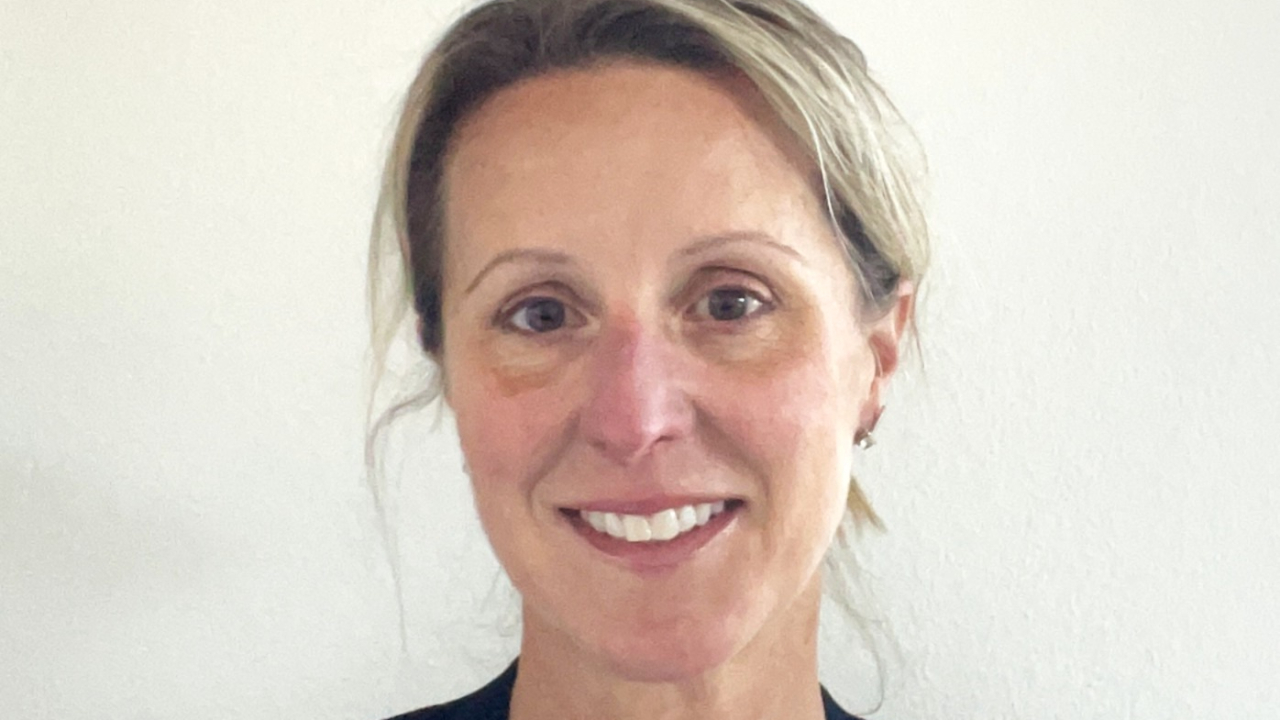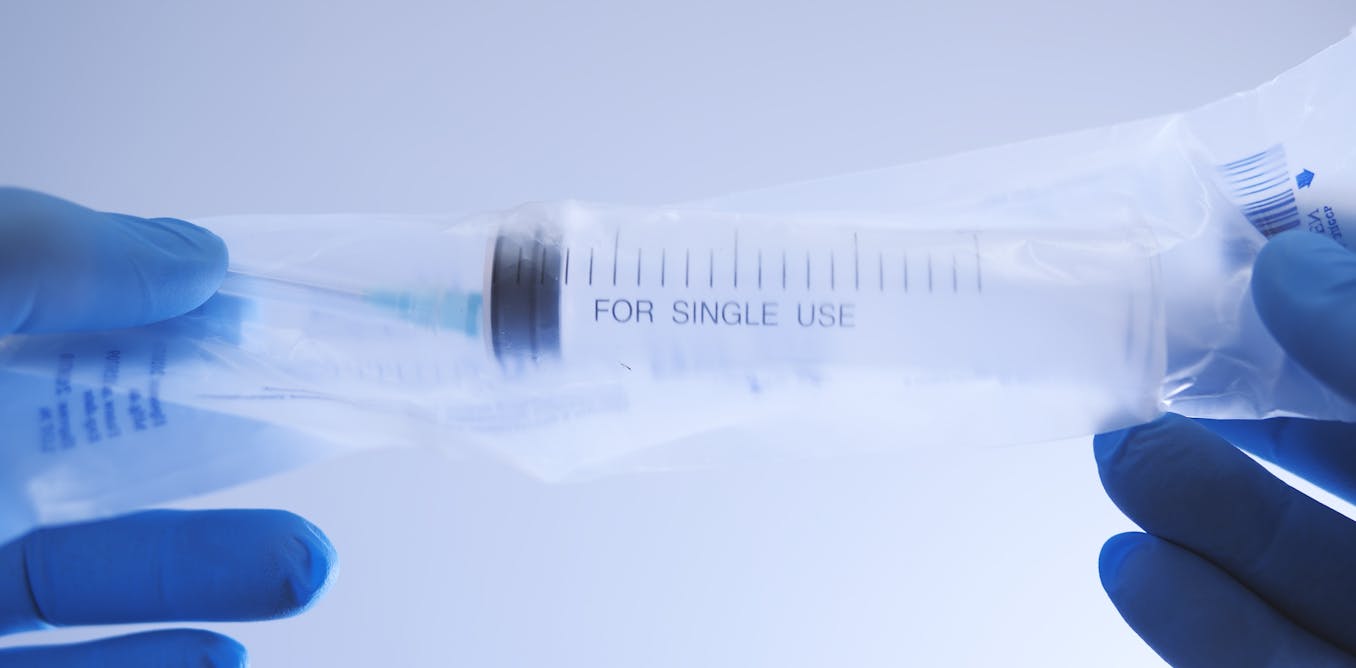Veteran U.S. health-care leader Huff takes top job at biotech firm Genomadix
admin November 1, 2025
Genomadix has named a veteran U.S. medical technology executive as its new CEO as the Ottawa-based biotech firm looks to ramp up commercialization of its “precision medicine” tests for cardiac and stroke patients. Hollie Huff, whose 25-year career includes senior leadership roles at health-tech powerhouses Abbott and Siemens Healthineers, takes over as chief executive from […]
Genomadix has named a veteran U.S. medical technology executive as its new CEO as the Ottawa-based biotech firm looks to ramp up commercialization of its “precision medicine” tests for cardiac and stroke patients.
Hollie Huff, whose 25-year career includes senior leadership roles at health-tech powerhouses Abbott and Siemens Healthineers, takes over as chief executive from Steve Edgett, who will “transition into a new strategic role within the company,” Genomadix announced this week.
Huff most recently served as head of strategy, corporate and business development at QuidelOrtho, a San Diego-based manufacturer of rapid COVID tests and other diagnostic health-care products.
In an interview with OBJ on Thursday, Huff said she has followed Genomadix’s evolution from a fledgling startup that originally focused on rapid testing for the bacteria that causes legionnaires’ disease and believes it’s poised for a breakthrough in the massive U.S. market.
“The progress they’ve made is pretty tremendous,” said Huff, who earned a PhD in analytical chemistry from Washington State University.
“One of the big hurdles in startups is does the product actually work? I think they’re well beyond that. Then the next hurdle is can you get through regulatory clearance, and they’ve proven that. I feel like the last big hurdle is really the execution on the commercial side, and that to me is super exciting.”

Huff said she wants to build on the foundation established by Edgett, under whose watch the company received approval from the U.S. Food and Drug Administration to begin using its point-of-care testing system on cardiac and stroke patients south of the border.
The firm’s signature product, the Genomadix Cube, is a device the size of a coffee cup engineered to extract, amplify and identify genetic material in about an hour.
The product can quickly detect genetic mutations that may cause heart and stroke patients to reject the commonly prescribed blood-thinning drugs Plavix and its generic version, clopidogrel.
Genomadix works with dozens of health-care organizations south of the border, including the Mayo Clinic and Stanford Medicine, that are using the Cube in real-world environments. Huff says insurance companies in the U.S. are now reimbursing patients for its use, a key milestone that should help pave the way for wider adoption of the product.
“There are a ton of opportunities for the Cube beyond this specific area, but those are new menu additions,” she added. “Really showing that we can establish ourselves in the market is important.”
Huff’s hiring comes more than a year after Genomadix sold its legionella testing business to New Brunswick-based LuminUltra. The deal also gave LuminUltra the right to develop and commercialize further tests based on Genomadix’s patented technology that can measure the presence and quantity of legionella with laboratory-grade sensitivity.
While Edgett told OBJ last year he expected licensing agreements from partners such as LuminUltra would eventually account for as much as 40 per cent of Genomadix’s annual revenues, Huff said Thursday such deals are no longer a “primary focus” for the company.
“What we’re really focused on is the commercialization of the product that we have in hand,” she said.
Genomadix, which has about 40 employees, is still “on the journey” toward profitability, Huff said, adding she expects the firm to generate “in the ballpark” of $5 million in revenues in 2025.
“I think the reality is when you dive into a sales process, there are always things that are unforeseen,” Huff explained. “I feel like in the last year, the team has really been able to identify how to manage a sales process, how to support a customer through actually getting the test on board.”
Rocky road
The appointment of Huff, who will remain based in the Denver area but plans to visit Genomadix’s Ottawa headquarters regularly, is the latest chapter in one of the local biotech sector’s most compelling stories.
Genomadix rose from the ashes of the now-defunct Spartan Bioscience, which originally developed the cube-shaped device that can be adjusted to target different genes and detect a wide range of pathogens.
Before COVID-19, the product was used mainly to identify strains of legionella, the bacteria that cause legionnaires’ disease.
When the pandemic hit, Spartan pivoted toward engineering its DNA-testing technology to detect the virus that causes COVID-19. However, those efforts were derailed due to several issues, including problems with proprietary testing swabs that forced the company to recall the device.
Spartan entered creditor protection in 2021 and its assets and intellectual property were purchased by Ontario-based Casa-Dea Finance later that year. In September 2021, the newly launched Genomadix took control of Spartan’s assets and IP, with Casa-Dea as its main shareholder.
Under Edgett’s guidance, the new firm shifted its focus to developing “precision medicine” tests aimed at cardiac and stroke patients.
Still, the path to commercialization has not always been smooth.
Edgett’s prediction that Genomadix would double its revenues from $2.5 million to $5 million in 2023 did not materialize, and the firm cut its workforce from nearly 50 employees in early 2023 to about 30 in 2024 before slowly scaling up once again.
Huff said Thursday she believes Genomadix is now on the right track.
“There have been a few bumps, but there always are. There’s always something that’s unforeseen, but I think the progress really speaks to the quality of the team and the quality of the product.”
Genomadix raised $6 million in venture capital a couple of years ago, and Huff said one of her priorities will be launching another funding round, likely in the first quarter of 2026, to help finance expansion into new markets and the development of new tests tailored to other health-care segments.
As vice-president of corporate development at medical diagnostics firm Alere from 2010 to 2017, Huff engineered more than a dozen M&A deals for the Massachusetts-based firm and eventually helped steer the company through its multibillion-dollar acquisition by Abbott eight years ago.
She said that experience will serve her well in her new role at Genomadix.
“Whether we decide to do an IPO someday or position ourselves for a strategic acquisition, it’s similar paths, with some nuances.”
link






